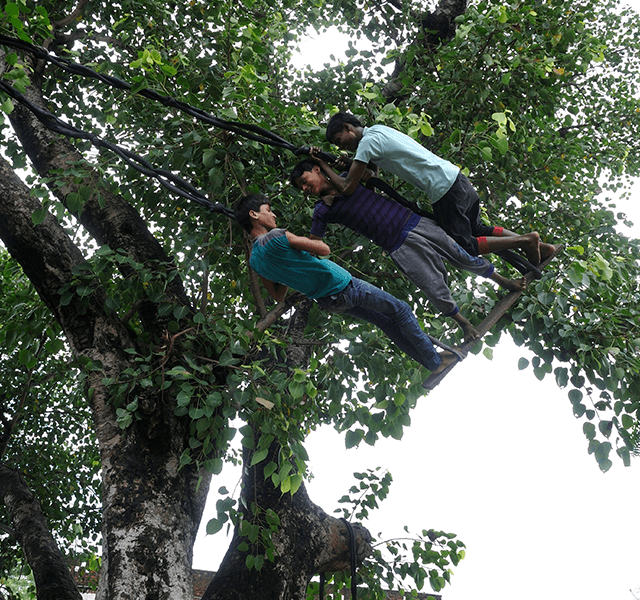

The idea behind launching the ‘Daksh’ training was to enable the service providers, including the nurse mentors to provide high-quality maternal and child health services. It was a state-level, six-day, competency-based residential training and certification program to be implemented through a skill lab.
Read MoreDakshata training is a strategic training program for rapid improvement of competency in providing quality-based care for women and newborn around the peripartum period. The program aimed to augment the capacity and competency of the service providers [Staff Nurses (SNs), ANMs and Medical Officers] working at delivery points.
Read MoreThis brief identifies the opportunity gaps in the effective coverage cascade for prevention of anaemia among pregnant women in India. The effective coverage cascade is used to identify coverage gaps, quantify coverage at each step, determine where the largest gaps exist within the cascade and prioritize where actions are most urgent. The findings are based on NFHS 5 data.
Read MoreEducation has been a critical driver for behavior change towards recommended health practices including family planning (FP). This brief highlights the value of education and role of educational institutions in generating appropriate knowledge about sexual and reproductive health (SRH) and improving FP outcomes. Promoting discussions on SRH in schools, building teachers’ skills and including FP components in school-based health programs can help to further improve FP outcomes.
Read MoreASHAs play a very important role in counselling couples on family planning. This Interpersonal Communication (IPC) tool kit acts as a facilitator’s guide to enhance the skills of ASHAs for effective counselling of couple on importance of family planning and methods of contraception.
Read More